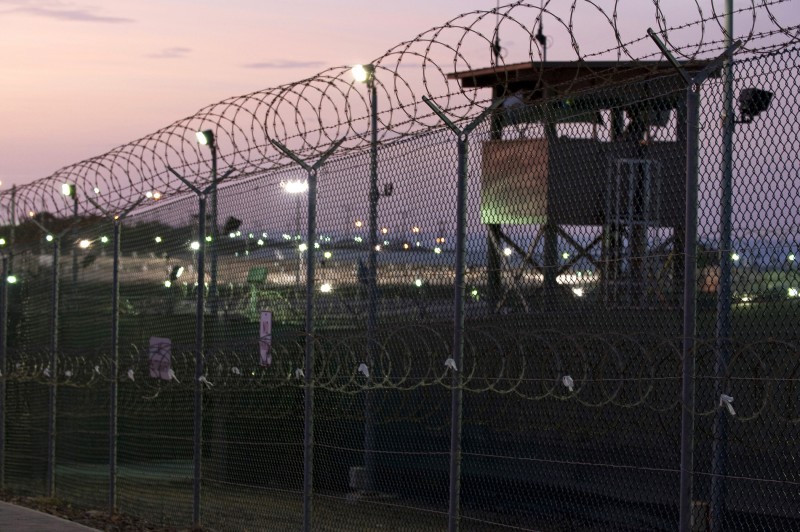Amnesty International designated four activists imprisoned by the Cuban government as “prisoners of conscience,” individuals detained or imprisoned solely for nonviolently expressing their beliefs, political views, or identity, and called for their immediate release Wednesday.
“These designations are a recognition of the dozens of people who remain in prison in Cuba for peacefully exercising their rights, and of all those who live under constant surveillance, harassment and the threat of criminalization,” said Amnesty International’s Americas director, Ana Piquer, in a statement.
Among the four designated prisoners are political dissident Félix Navarro, independent journalist and Sayli Navarro, who were sentenced in March 2022 to nine and eight years in prison respectively for protests in 2021.
Félix Navarro, now serving his third prison sentence for his activism, was among the 75 human rights activists, independent journalists, and independent librarians incarcerated during the 2003 government crackdown known as the “Black Spring,” which the Committee to Protect Journalists (CPJ) found to have breached international law.
Sayli Navarro, his daughter, helped found the Damas de Blanco (Women in White), an opposition movement composed of the wives, mothers, and other female relatives of those incarcerated by the Cuban government in 2003.
The activists’ arrests follow what Amnesty International called a wave of “renewed repression” by Cuban authorities against independent media, civil society organizations, and activists in the last weeks of September amounting to the “criminalization of any form of dissent.”
State security reportedly harassed independent journalists by conducting 12-hour interrogations, confiscating salaries, and in some cases threatening the imprisonment of either journalists or their families, according to an El País report.
According to the Reporters Without Borders’ (RSF) World Press Freedom Index, Cuba scores the worst among Latin American states and ranks just 168 out of 180 countries worldwide.
“It is imperative that the international community show solidarity and demand the immediate release of those imprisoned for exercising their rights, and an end to the repression and harassment of dissidents in Cuba,” concluded Piquer.






